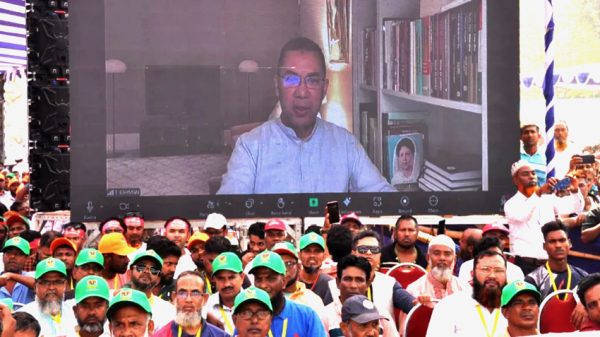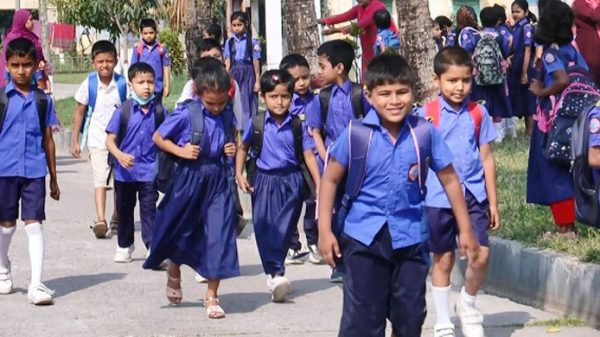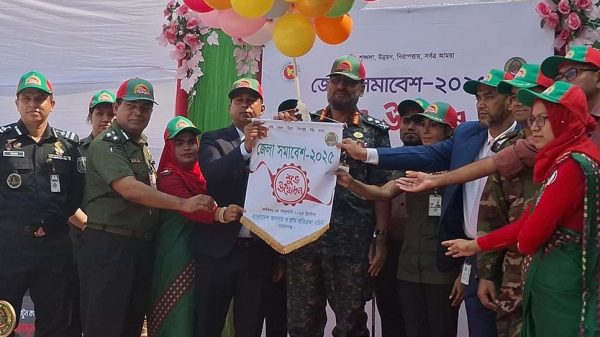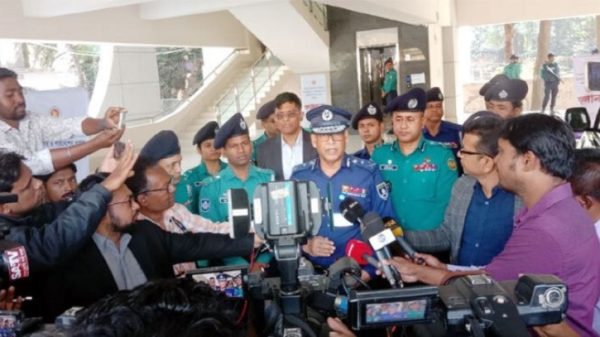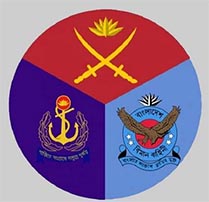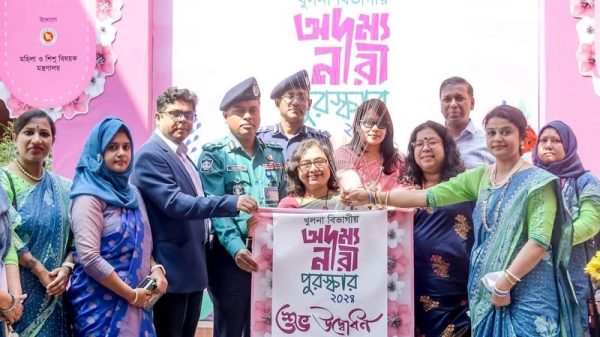Guardian article on female garment workers in Bangladesh not only offensive but also a gross overgeneralization: BGMEA Chief

- Update Time : Monday, 1 January, 2024, 02:43 pm
- 114 Time View
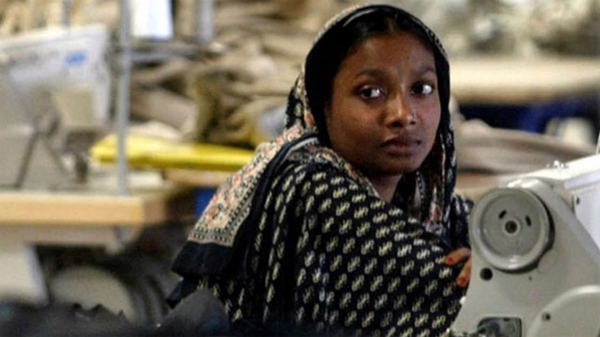
Online Desk: A recent article published by The Guardian, framing the lives of female garment workers in Bangladesh between factory and brothel, is not only offensive but also a gross overgeneralization, BGMEA President Faruque Hassan has said.
It risks overshadowing the remarkable transformation of women’s empowerment propelled by the nation’s RMG industry, he said in a statement, condemning the article that he said “defames women at work.”
“It’s true that individual hardships exist, but framing women workers within a single struggle is potentially harming them by provoking radicalism, causing social stigma and mental illness,” Faruque said.
Such a narrative is a disservice to their lives and dreams they cherish, he said.
“The report itself appears to be incorrect to us as it says that the mentioned female worker works for a large factory, it didn’t mention the name; and there is hardly any export-oriented garment factory located at the place as the report mentions, except for a few tailoring facilities catering to the local market only,” he said.
“The report does not only perpetuate harmful stereotypes against women at work, but also defames an industry that employs millions of women and contributes significantly to national economy,” said the BGMEA chief.
Rest of the BGMEA chief’s statement
Consider this: in a moderate Muslim country, Bangladesh has emerged as a model in the region in women’s empowerment and gender parity, he said.
“The World Economic Forum’s recent Gender Gap Report places Bangladesh at the top in South Asia for gender equality for the 9th consecutive year, ranking the country 59th globally.
“The labor force participation rate of women has soared from a mere 8% in 1983 to a remarkable 38% today.
“Women’s contribution to Bangladesh’s GDP growth is estimated at a staggering 34% and it continues to rise.
“For millions of less privileged women having less literacy and skills, the RMG industry is the first formal sector of employment.
“Through this industry, women have emerged as the critical support for their families, achieving economic independence and social empowerment.
“Early marriage and motherhood are declining, primarily education enrolment is on the rise and as per many experts, the industry has led to increase in girls’ schooling.
“Maternal and child health, too, have gained momentum, nourished by improved nutrition and a heightened awareness of healthcare.
“The ascent isn’t confined to the shop floor. Women are scaling the ranks, their talents are gracing technical departments in the industry like industrial engineering, product designing and merchandising, as well as taking on leadership positions.
“When they leave the factories, they leave footprints of entrepreneurial spirit, transforming into owners of their own businesses.
“This industry has become a launchpad for leadership.
“While writing a report remotely, without having proper understanding of the background and reality, to deliberately portray the bleak picture, one must acknowledge the broader narrative – millions of women rising from poverty, gaining skills, and forging a path towards brighter futures for themselves and their families.
“Beyond all these, the industry has taken an unprecedented stance to support aspiring women workers to pursue their dream for higher education.
“Currently around 90 young female RMG workers are pursuing higher studies in the Asian University for Women under the Pathways for Promise program.
“While the girls pursue their bachelor studies with full scholarship from the university, the employer factories continue to pay the full wages to them throughout the entire tenure of their study.
“The ‘promise’ is to make them fearless and think big. Not only that, through this industry women have got the opportunity to emerge as the critical support to the family.
“There are numerous instances that the sons and daughters of workers are pursuing higher education in engineering, medical science and many more disciplines through the humble support of the factories.
“This is our story, one of transformation, of empowerment, of women rising like threads on a loom, weaving a new Bangladesh. Let us move beyond sensationalized headlines and acknowledge the multifaceted reality of women at work.
“Let us celebrate their achievements, address their challenges, and work towards a future where all Bangladeshi women can thrive, in factories and beyond.
“Our garment workers are the heartbeat of our industry, and I, for one, find my strength in their courage, their resilience, and their unwavering spirit. They are the threads that bind our nation together, the driving force propelling us towards a future where gender is not a barrier, but a bridge – a future where Bangladeshi women stand tall, not just as workers, but as architects of their own destinies.”

